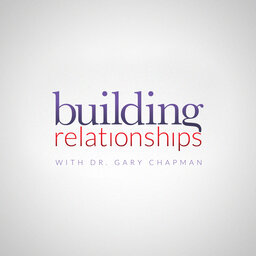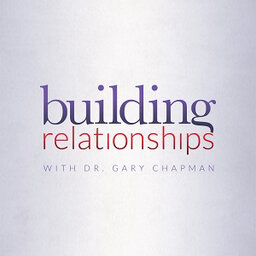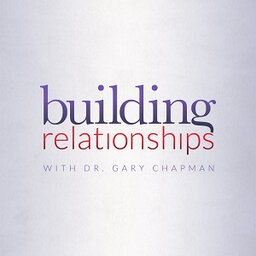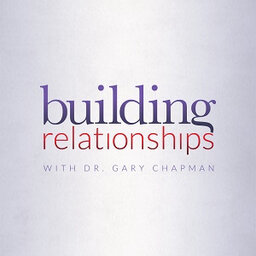Restore the Table | Ryan Rush
When’s the last time you gathered around the dinner table with those you love without distraction? Remember your last meaningful mealtime conversation? On the next Building Relationships with Dr. Gary Chapman, Pastor Ryan Rush will talk about the importance of these moments to help deepen relationships and give a greater quality of life. How do we restore the table? Find out on the next Building Relationships with Dr. Gary Chapman.
Featured resource: Restore the Table: Discovering the Powerful Connections of Meaningful Mealtime
 Building Relationships
Building Relationships


